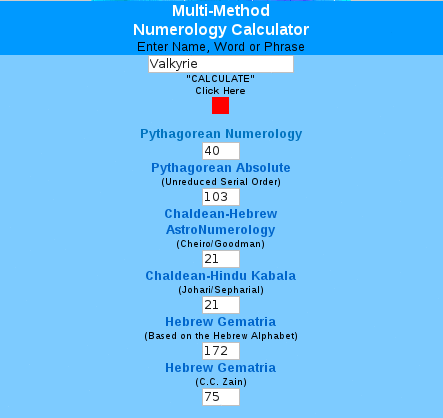
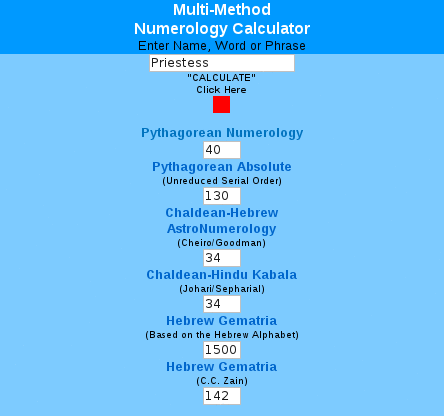
In early English falconry literature, the word "falcon" referred to a female falcon only, while the word "hawk" or "hawke" referred to a female hawk
falcon - Wiktionary
English
Brown falcon (Falco berigora)
[edit]
Alternative forms
faulcon (obsolete)
faucon (obsolete)
[edit]
Etymology
From Middle English falcon, faulcon, from Anglo-Norman falcon, falcun, from Late Latin falcō (“falcon”), of Germanic origin, probably via Old Frankish *falko (“falcon, hawk”), from Proto-Germanic *falkô (“falcon”), from from Proto-Indo-European *pol̑- (“pale”), from *pel- (“fallow”). Cognate with Old English fealca, fealcen (“falcon”), Dutch valk (“falcon, hawk”), German Falke (“falcon, hawk”), Swedish falk (“falcon”), Icelandic fálki (“falcon”), Lithuanian pálšas (“pale”), Latvian bāls (“pale”), Latgalian buolgs (“pale”). More at fallow.
Brown falcon (Falco berigora)
[edit]
Alternative forms
faulcon (obsolete)
faucon (obsolete)
[edit]
Etymology
From Middle English falcon, faulcon, from Anglo-Norman falcon, falcun, from Late Latin falcō (“falcon”), of Germanic origin, probably via Old Frankish *falko (“falcon, hawk”), from Proto-Germanic *falkô (“falcon”), from from Proto-Indo-European *pol̑- (“pale”), from *pel- (“fallow”). Cognate with Old English fealca, fealcen (“falcon”), Dutch valk (“falcon, hawk”), German Falke (“falcon, hawk”), Swedish falk (“falcon”), Icelandic fálki (“falcon”), Lithuanian pálšas (“pale”), Latvian bāls (“pale”), Latgalian buolgs (“pale”). More at fallow.
+
FULCANELLI ..... FALCUN ELLI .......

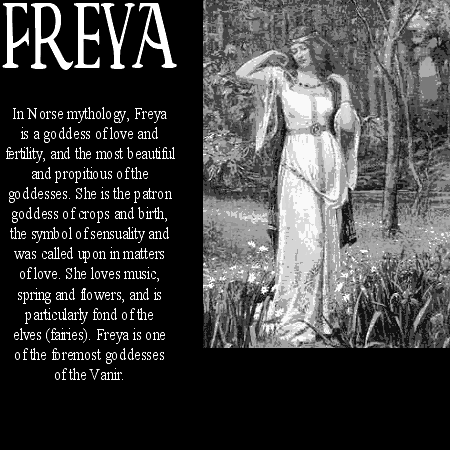
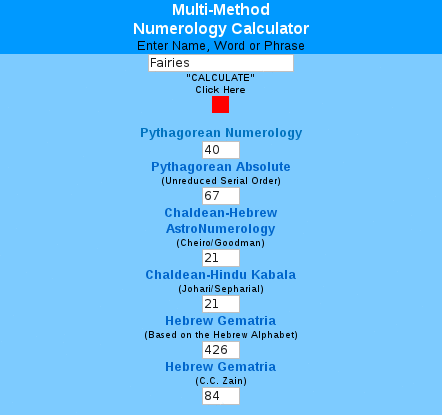
In Norse mythology, Freyja (Old Norse the "Lady") is a goddess associated with love, beauty, fertility, gold, seiðr, war, and death. Freyja is the owner of the necklace Brísingamen, rides a chariot pulled by two cats, owns the boar Hildisvíni, possesses a cloak of falcon feathers
Originally posted by MonsieurM
View Post
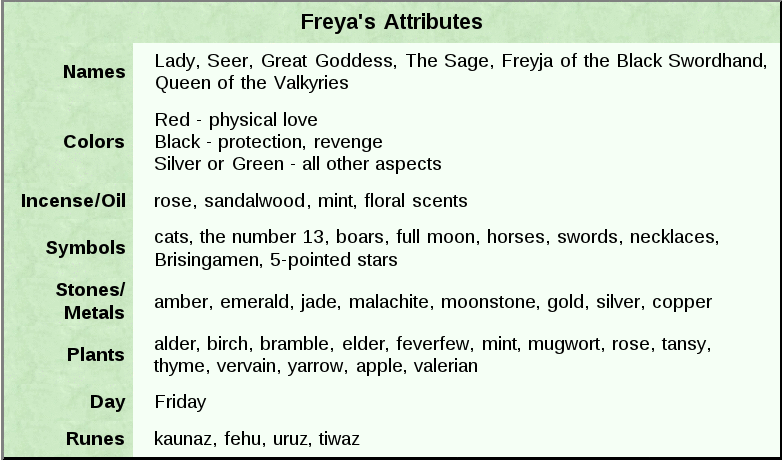

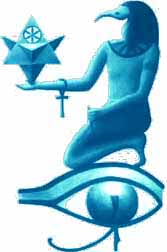
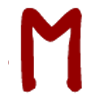
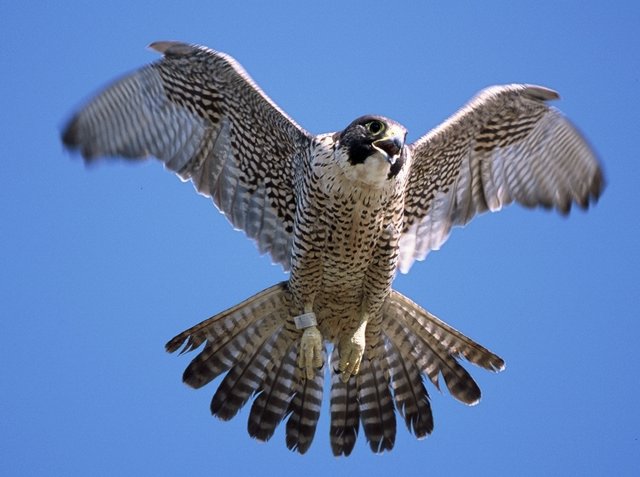
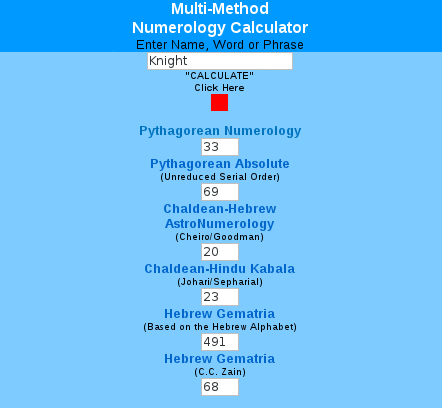
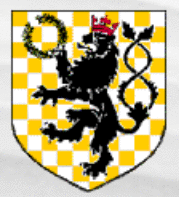

 :
:

 :
: 
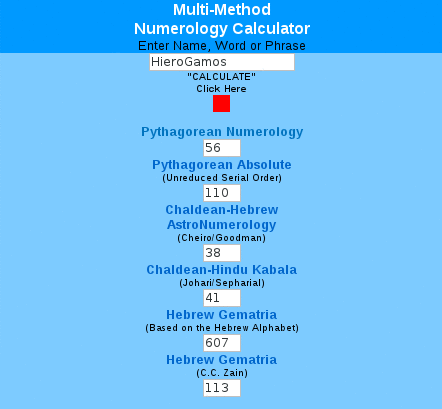
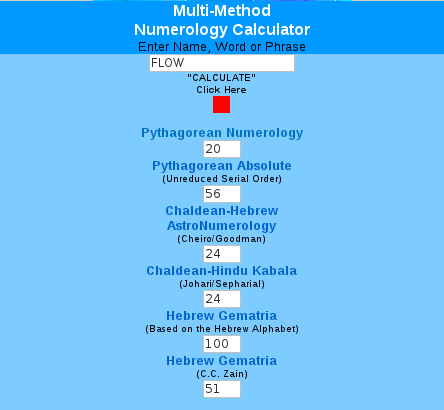
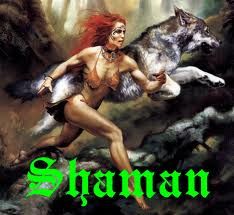
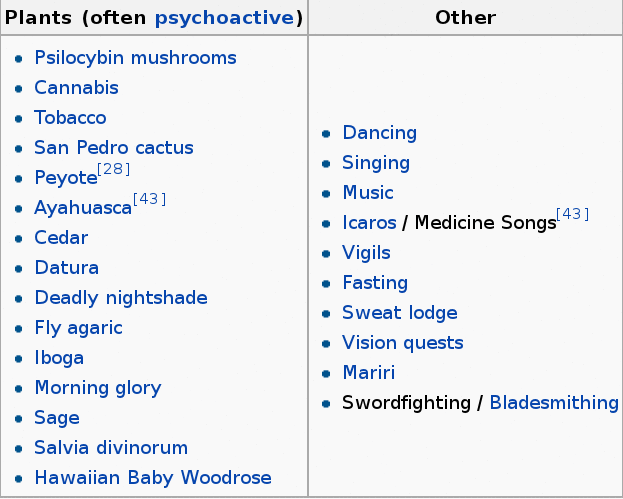

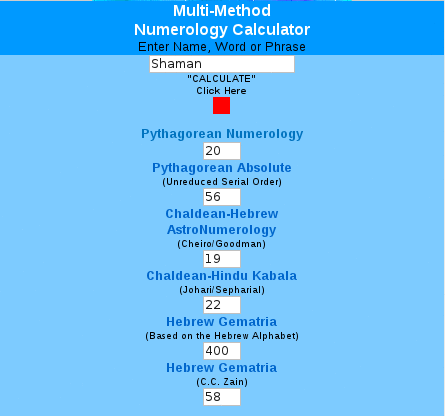






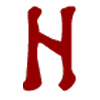


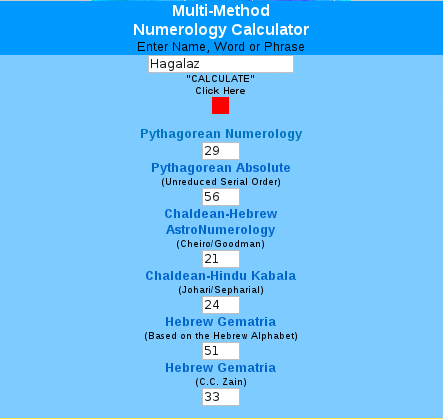






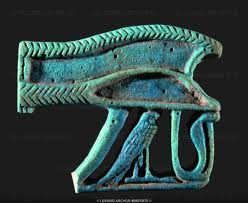

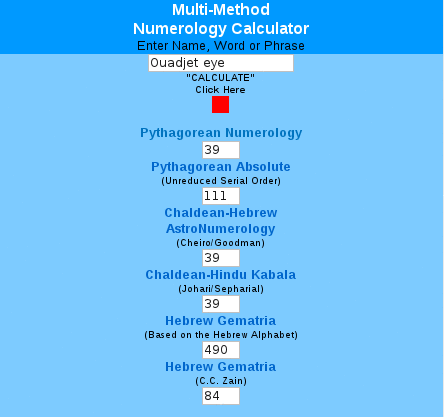

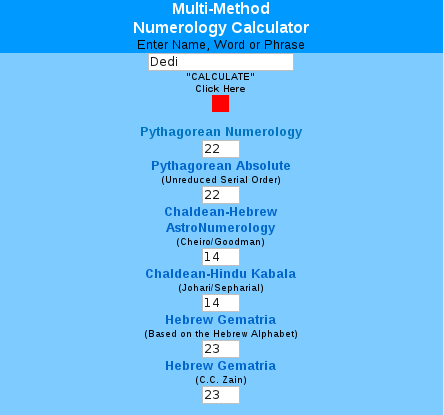




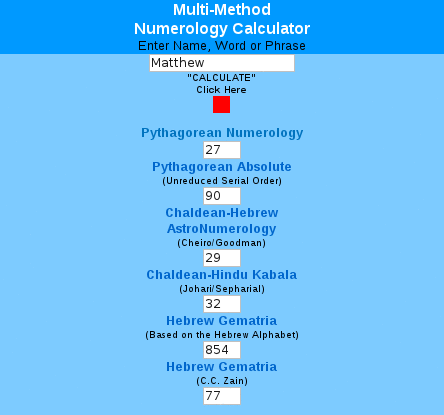
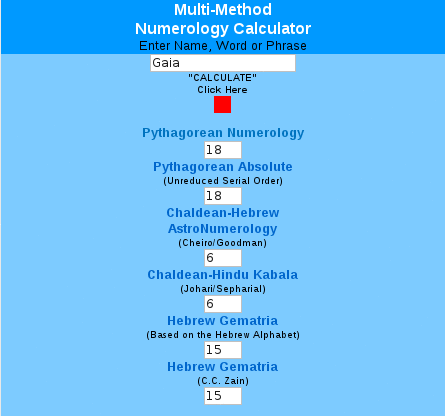
.jpg/340px-Gaea_(by_Christophe_Vacher).jpg)
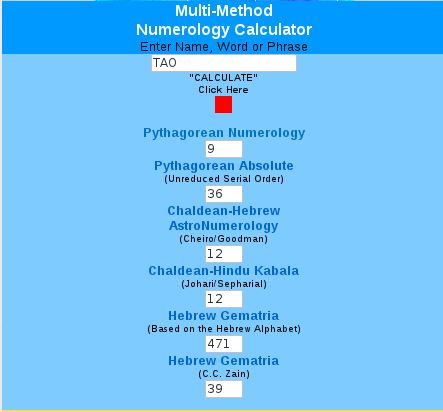

 ......
...... 


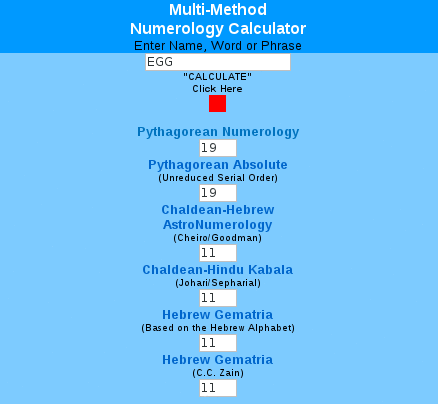



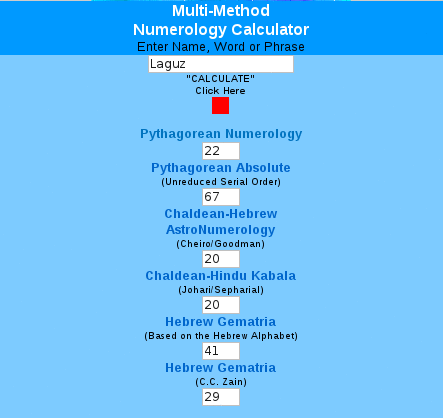



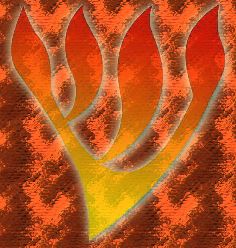
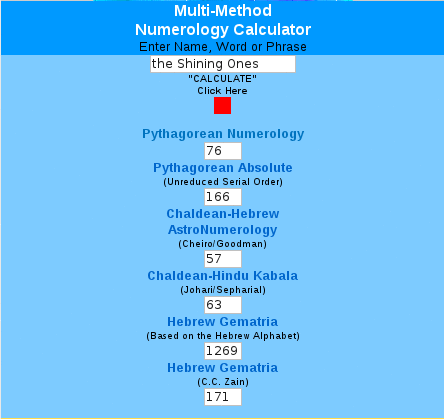

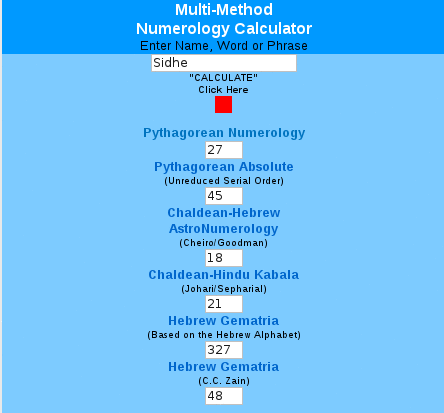
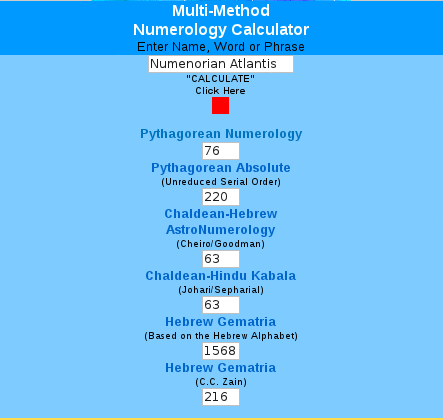
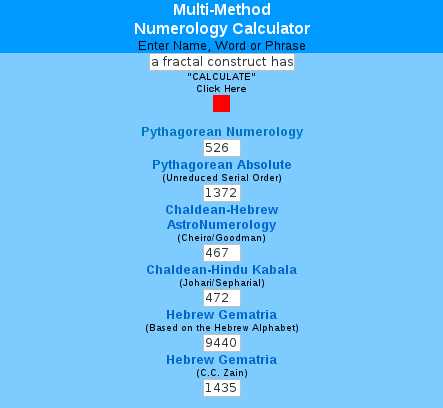




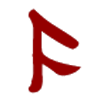

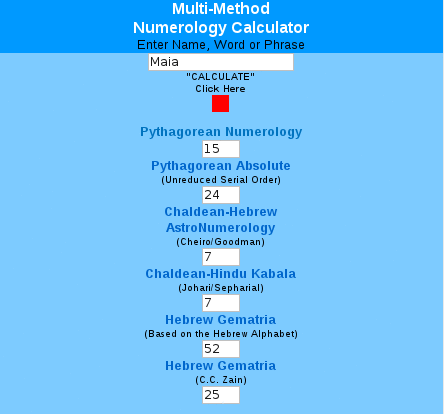


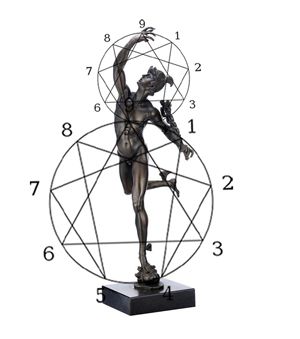
Comment